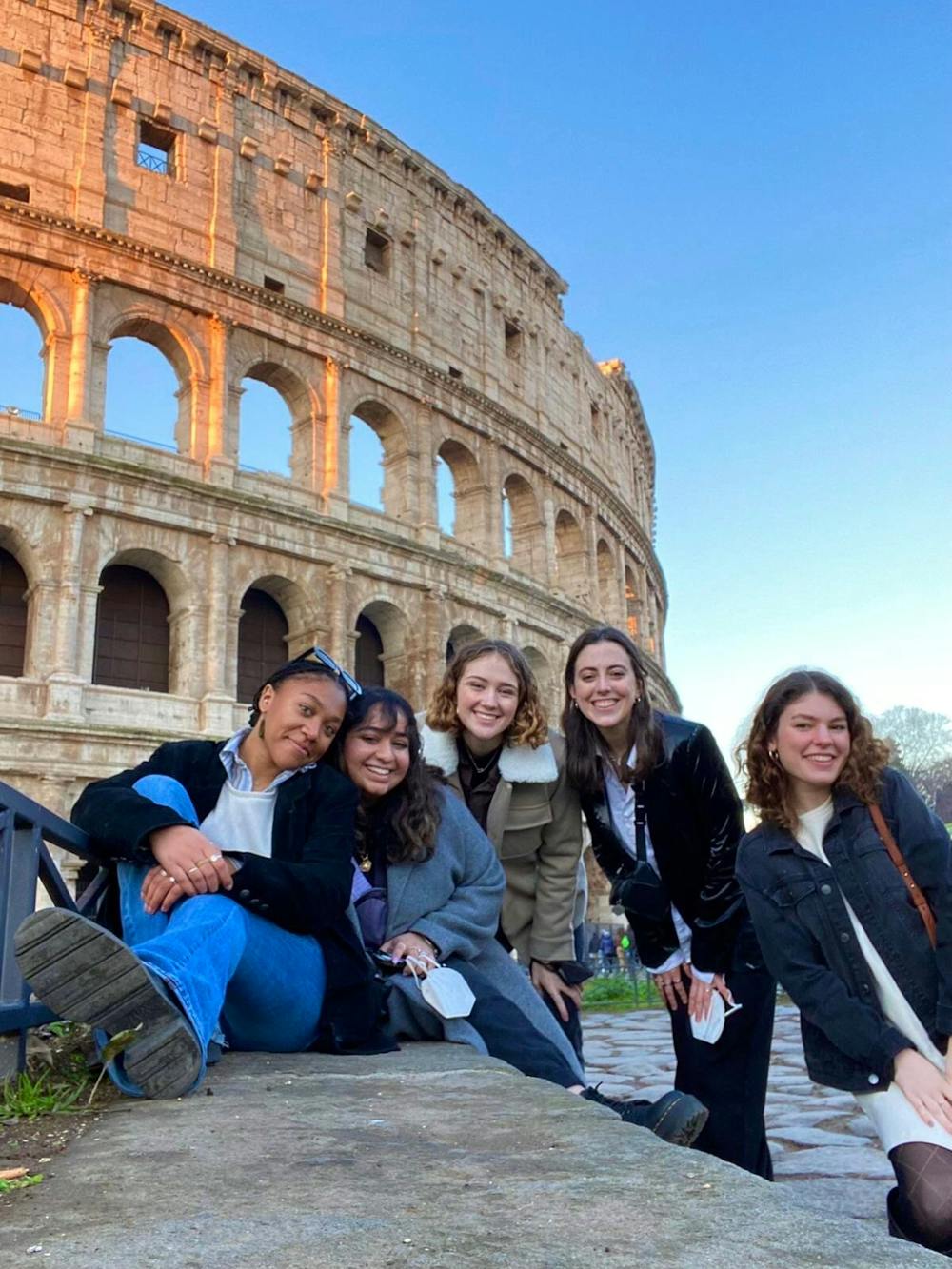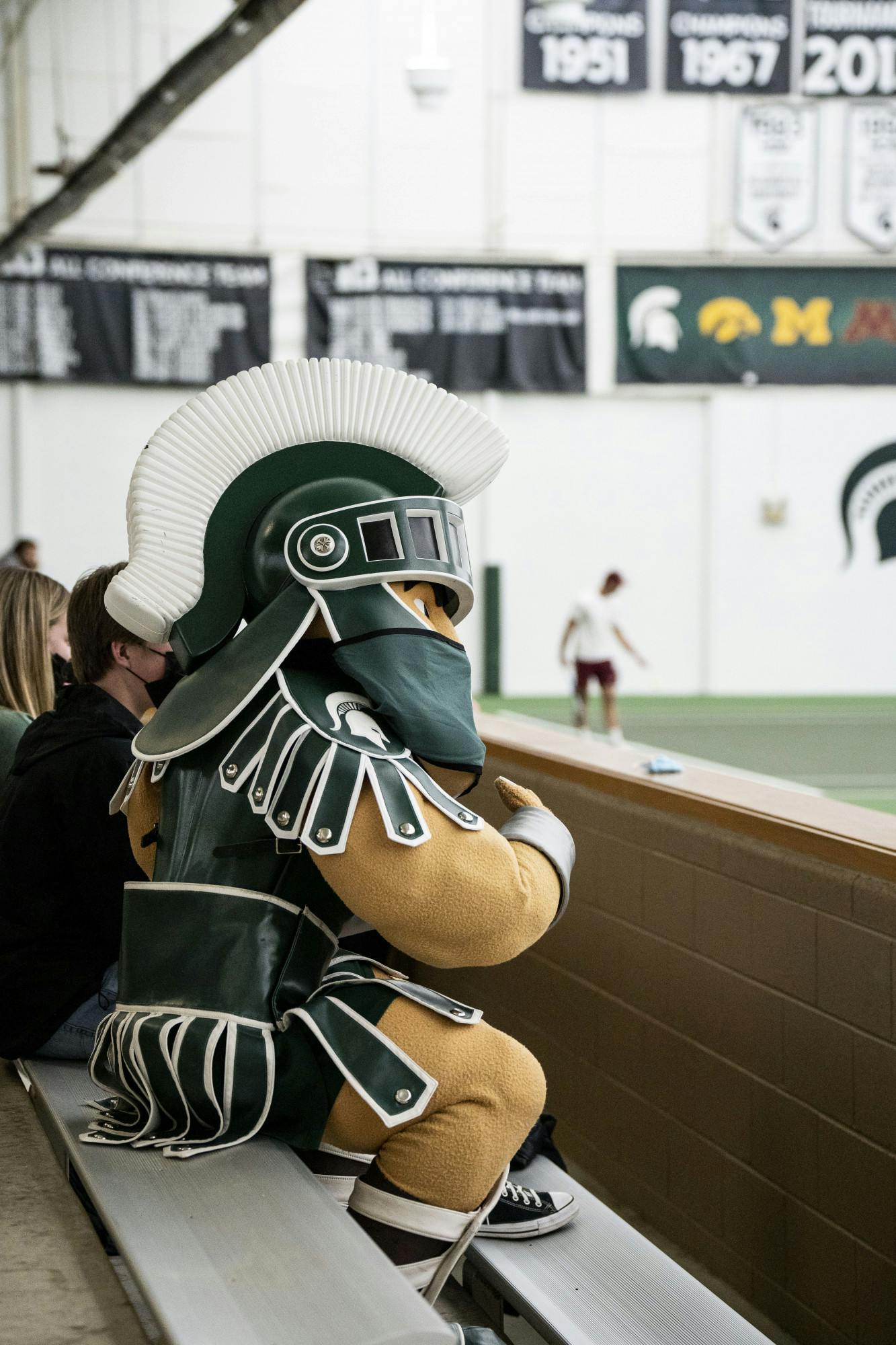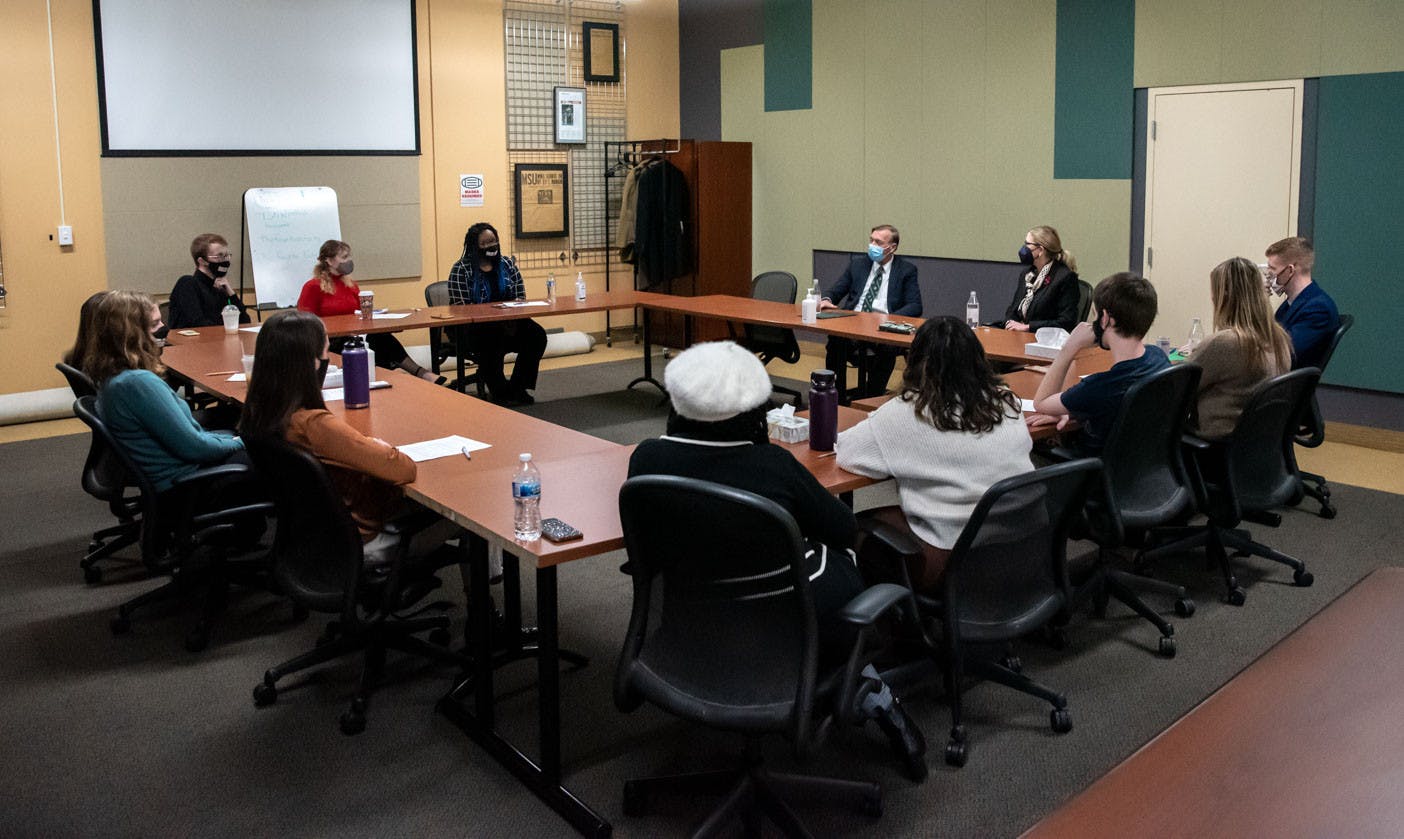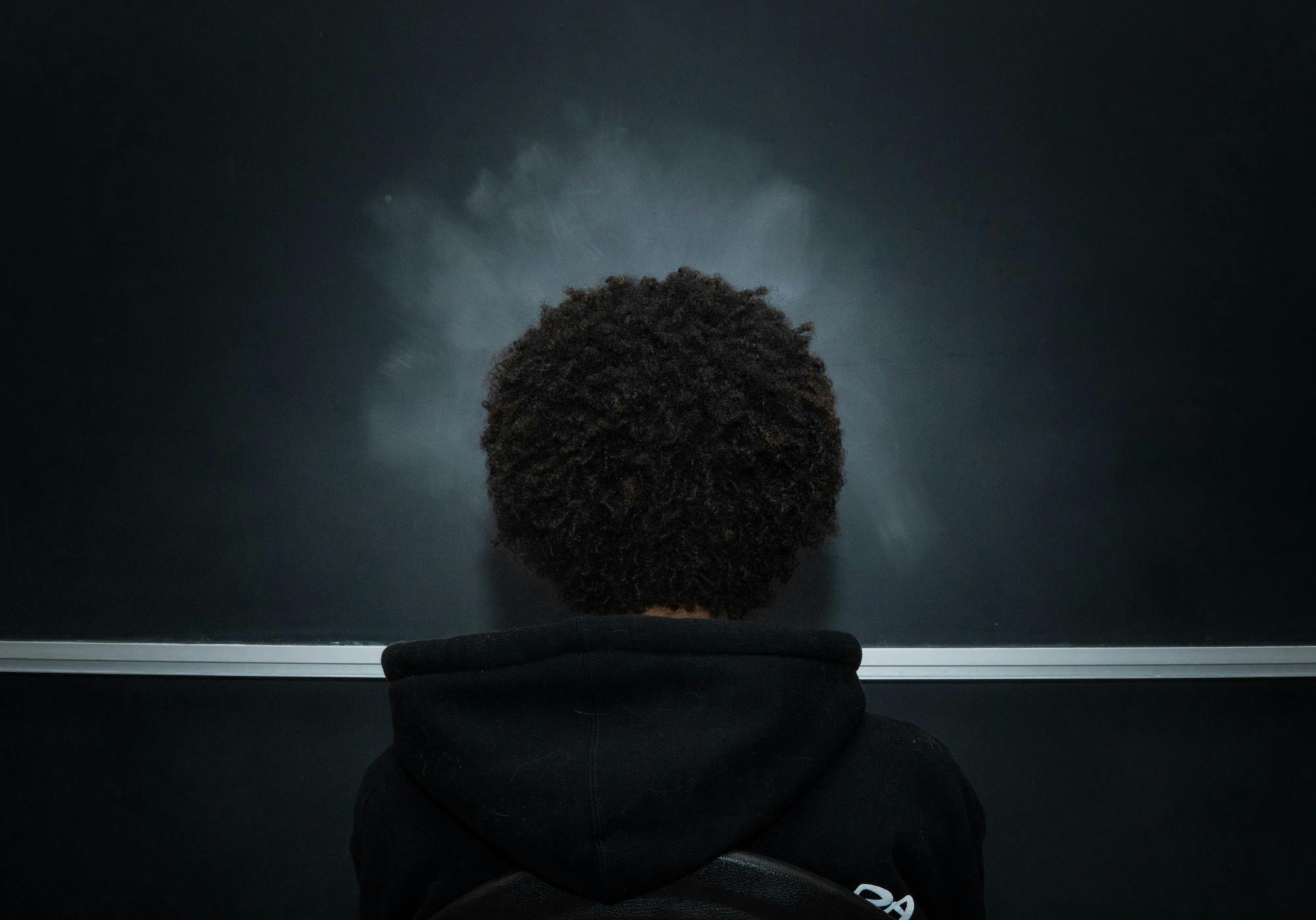The emergence of COVID-19 inarguably altered all ways of life and derailed millions of plans. Amongst the necessary changes was the halting of study abroad programs and other non-essential international travel.
“In brief, the COVID-19 pandemic has definitely affected international travel everywhere – not just for MSU,” Global Health, Safety, and Security Coordinator Elke Schmidt said in an email. “With that in mind, we are extremely excited for a return to Education Abroad programming, as we’ve been slowly ramping up over the past year.”
The university’s administration has added quarantine coverage to MSU’s international travel health insurance to better support MSU travelers, including Education Abroad students.
“We have also worked with our partners abroad to ensure that we have contingency planning in place should a student or a faculty member contract COVID-19 and need to quarantine,” Schmidt said. “This type of planning is beneficial, not just regarding COVID-19 but also to have strong plans in place for any time that a student might be able to fully participate in programming.”
Journalism and public relations senior Dina Kaur, the managing editor at The State News, said luck was on her side when applying for her study abroad program at John Cabot University in Rome.
“When COVID happened, I was super worried that I wouldn’t be able to live my dream of studying abroad,” Kaur said.
Having applied in the fall of last year, Kaur just managed to avoid the cancellation of education abroad programs.
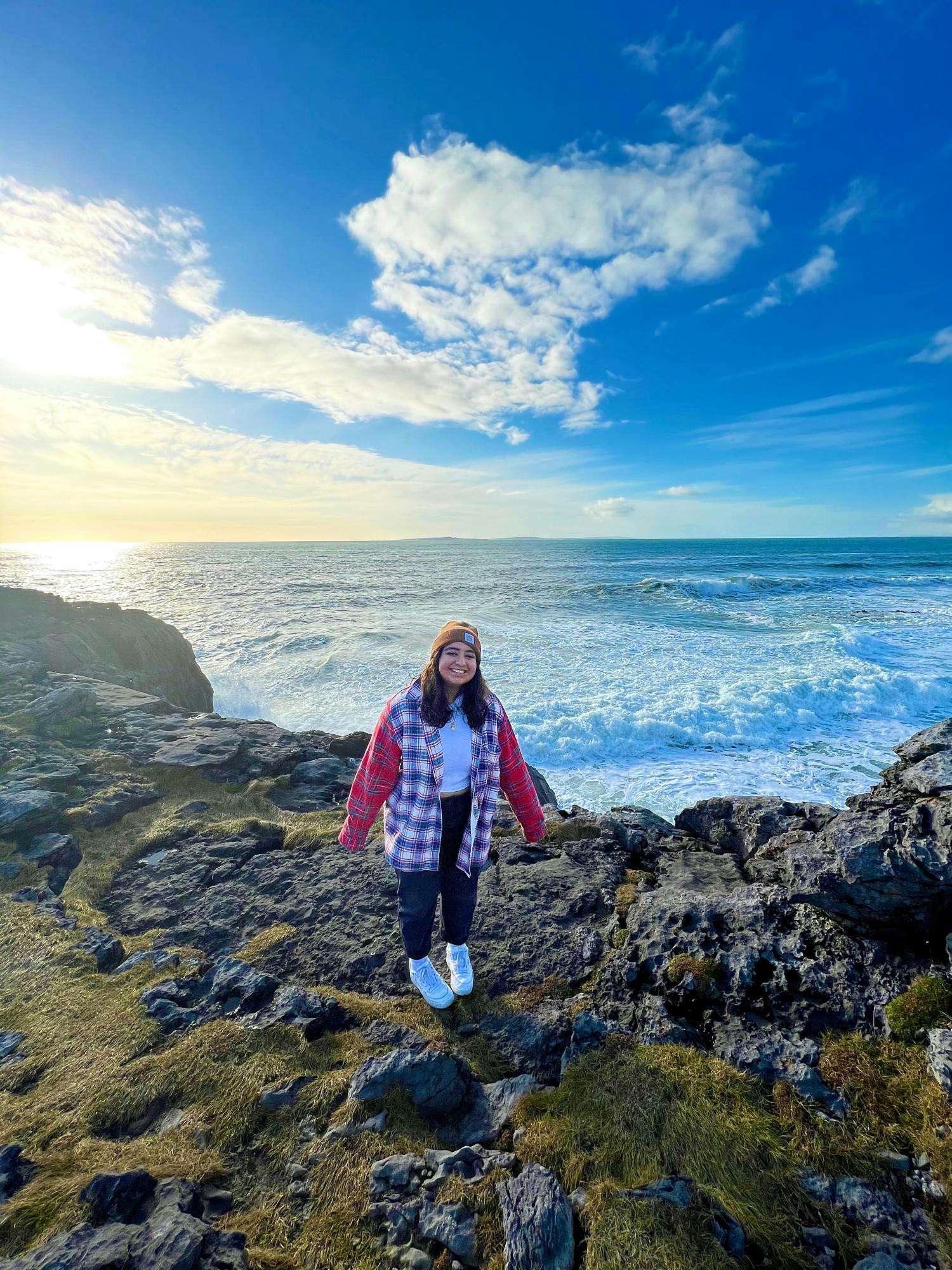
“It was like cautious optimism,” she said.
Kaur’s Rome, Italy destination was hit hard at the beginning of the pandemic, resulting in extra strict protocols for visiting students. The KN95 was the only acceptable mask to wear in Rome.
“Also, when I was first going, you had to wear masks outside,” Kaur revealed. “In Italy, in order to go inside of restaurants and bars or wherever you wanted to go, you needed your COVID vaccination card.”
Kaur said that Italy has a unique system called the “Green Pass” that allows vaccinated individuals living in the European Union to have their proof of vaccination as QR codes on their phones, providing for easy scanning into closed spaces. Non-European citizens would need to carry a COVID-19 vaccination card or something similar.
“You could only eat outside if you didn’t have one,” Kaur said.
Traveling to other countries within the EU mandated a COVID-19 test every single time you left the country and came back up until February when that mandate was lifted, about halfway through the semester for Kaur.
“Italy in general just had stricter regulations than most other countries,” Kaur said. “I remember when I was traveling still and I was going to places like Ireland and London and everything, they lifted their mask mandate kind of around the time that the U.S. did. But Italy still had it until literally the last month I was there. They had it until the beginning of May, that you still needed to wear masks inside and everything like that.”
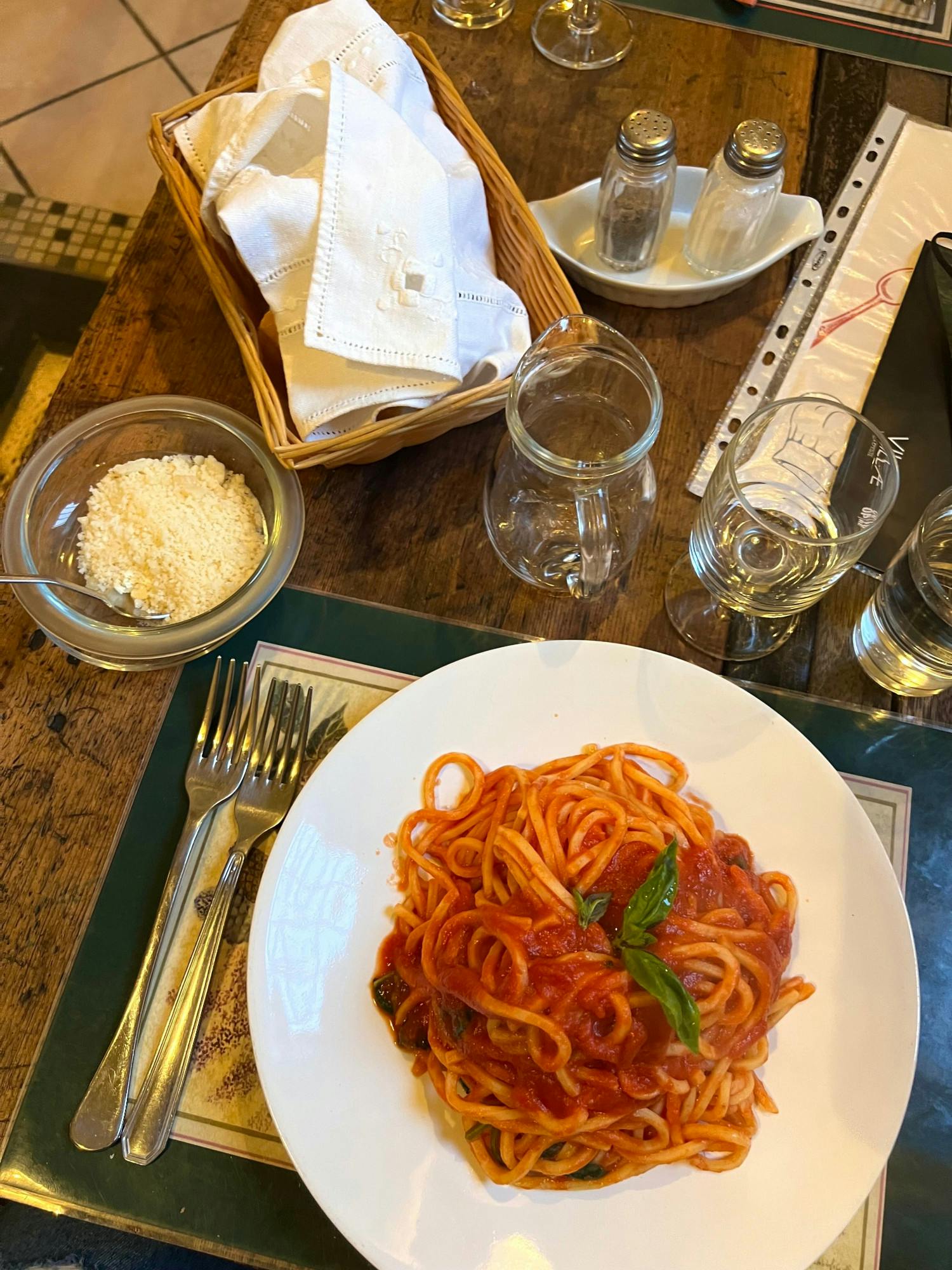
In terms of vaccination status, students were expected to have all three vaccinations — two regular series and a booster — prior to their arrival in their host country.
“I feel like I had an amazing time and I regret nothing because I don't think the restrictions really hindered my ability to have fun,” Kaur said.
Journalism graduate student and State news staffer Raenu Charles spent a week in Kenya in May.
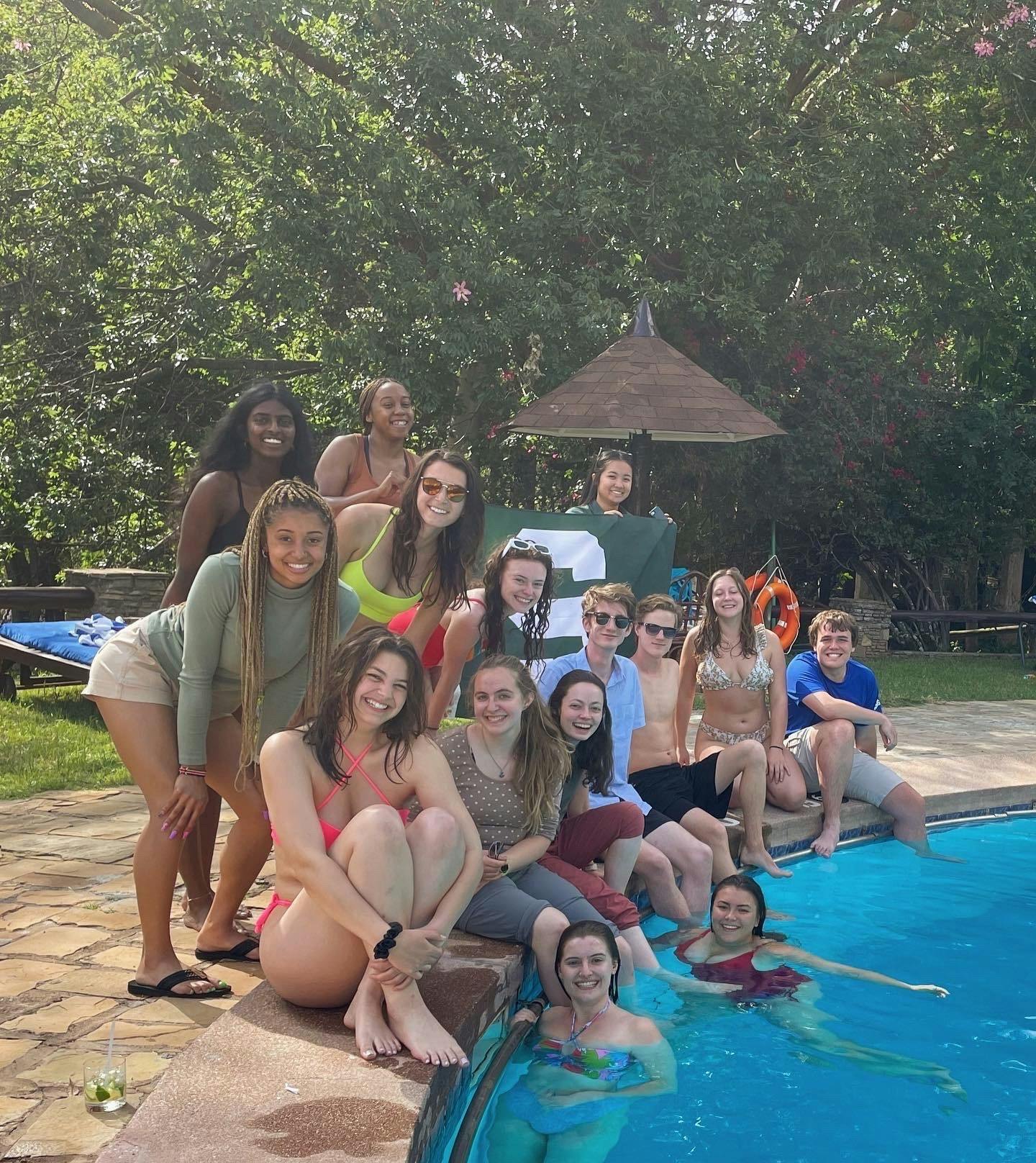
Support student media! Please consider donating to The State News and help fund the future of journalism.
Charles said, prior to the trip, the group had non-mandatory meetings to allow for participants to learn more about the program and vaccination requirements — as many had never even been out of the country before.
“We had to get the yellow fever vaccine, and I got one of the meningitis vaccines,” Charles said. “We had to take malaria pills daily while we were there, too.”
Charles had to take a COVID-19 test as well before re-entering the United States.
“There was this thing called Global Haven, and you’d register your vaccines on that and then print off proof to show the Kenyan TSA people when you got there to prove that you’re vaccinated,” she said. “On the way back, we had to take a COVID test in Nairobi to prove that we were negative before entering the United States.”
Unlike Kaur, Charles and the rest of her group only had to wear masks at the airport.
“It's pretty much like the United States, where COVID is definitely still there, but people aren't really masking,” she said. “But there were signs everywhere that were reminding people to wash their hands. There’s an initiative that the Kenyan government took to establish hand washing stations all over the city. They’re pretty much a bunch of sinks and soaps where you could wash your hands and stuff, too.”
As someone with a lot of medical anxiety, Charles was anxious about all the shots and pills that she would be required to take. However, she said that the process went smoothly.
“I think I was able to have more fun in Kenya because I checked off those precautions. I wasn't worried about malaria, or yellow fever or meningitis or, obviously COVID too, because I was vaccinated.”
Journalism and digital storytelling senior Rahmya Trewern, a photographer at The State News, also took a trip to Kenya May 15-31. She said that while she was nervous about reactions to vaccines, she knew it was something she needed to do to be safe abroad.

“The only thing that hindered me was not having the typhoid (vaccine),” she said. “They're a little difficult to get, just because rabies is an expensive vaccine.”
Not all of Trewern’s required vaccines were in the same location. Trewern said MSU Travel Clinic suggested that she get certain vaccines at other clinics to save money since the MSU Travel Clinic does not take insurance.
However, she said that that was the most troublesome part of her experience.
“My favorite part of being abroad was all of the photographers,” Trewern said, referencing Esther Sweeney, a fashion photographer who shoots bright and unique photos. “And I got to feed giraffes, so that was super cool.”
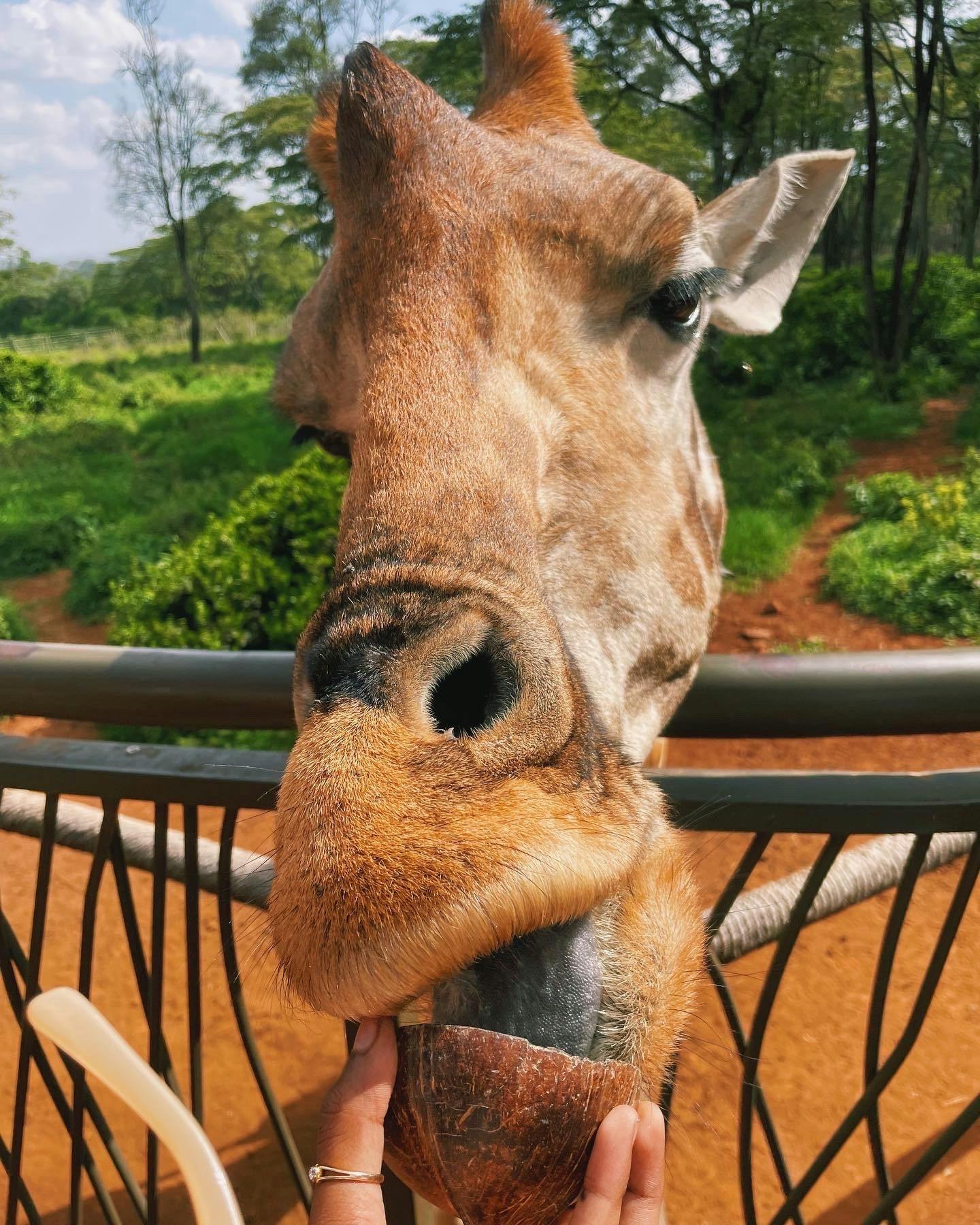
As the pandemic evolves, study abroad programs are running with the ambitions of success and safety, making up for lost time.
“I do feel like the restrictions did help in some ways,” Kaur said. “They were there to keep us safe, and I do appreciate having those. The country was doing what they believed was right for them.”
